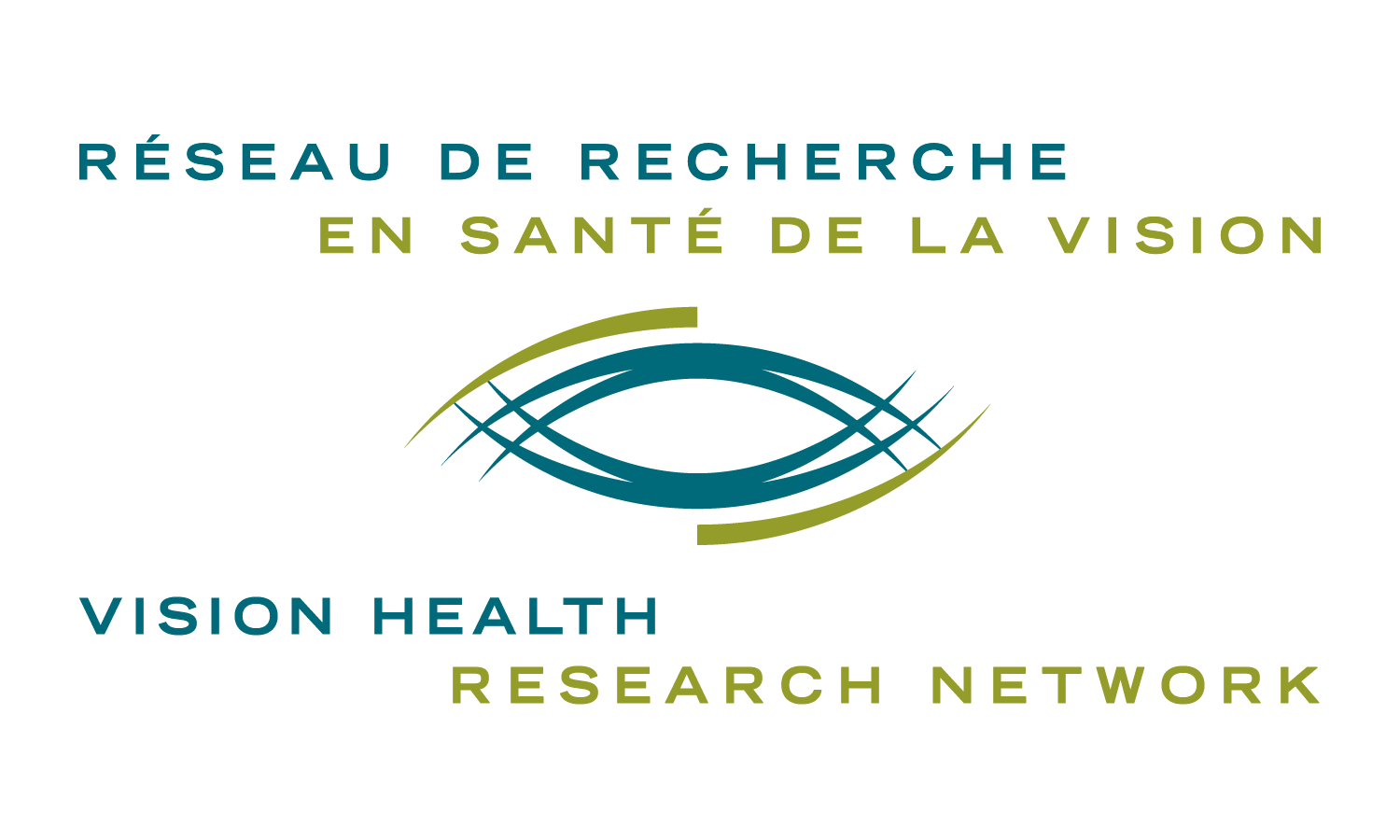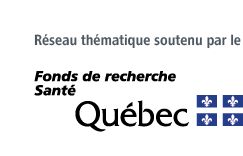2022-2022 Vision Network Publication Award Laureates
August 1st 2022
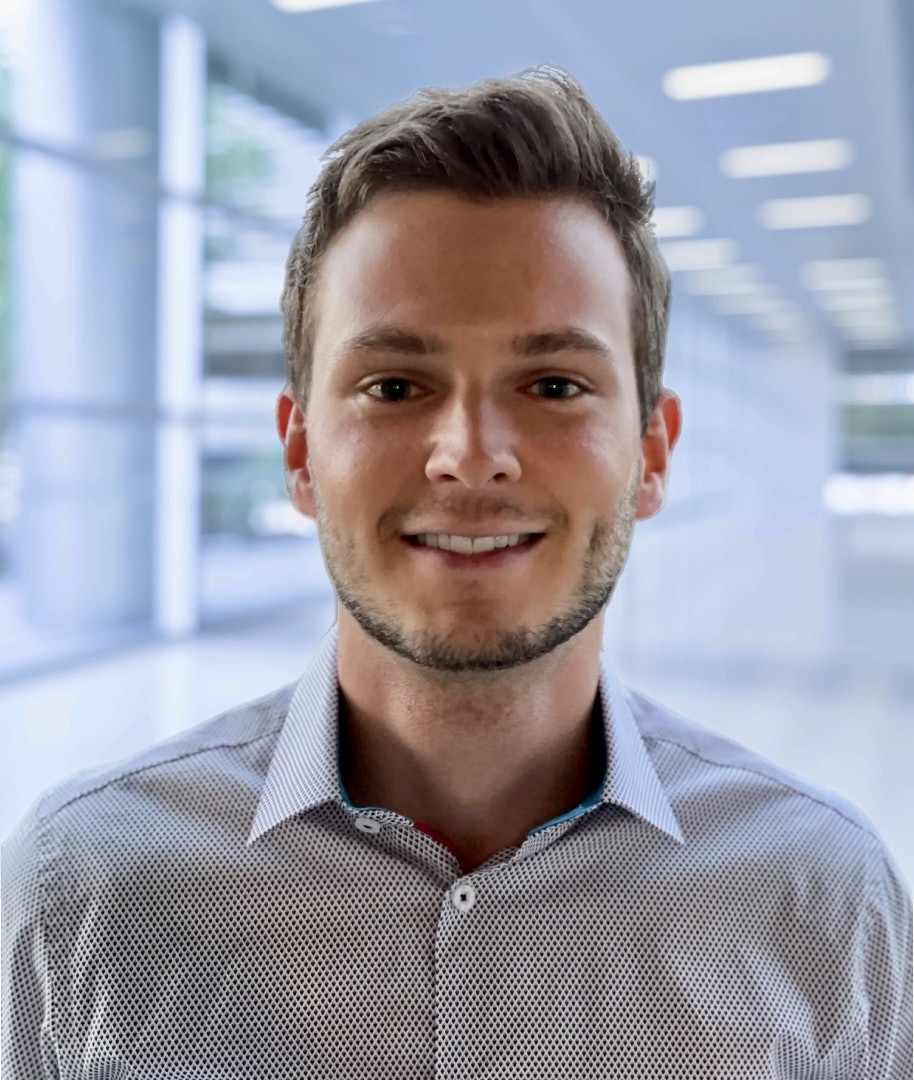
Alexandre LACHANCE
MD-MSc student, Université Laval
Supervisor : Dr. Ali Dirani
Publication: Lachance A, Godbout M, Antaki F, Hébert M, Bourgault S, Caissie M, Tourville É, Durand A, Dirani A. Predicting Visual Improvement After Macular Hole Surgery: A Combined Model Using Deep Learning and Clinical Features. Translational Vision Science & Technology, 11 (4), April 2022
Alexandre Lachance is completing both his medical studies (MD) and his master’s degree (MSc) at Laval University. He completed two years at the PharmD at Laval University in which he carried out research in neuroscience related to schizophrenia before being accepted into the MD-MSc program at University Laval. He is participating in many clinical research projects in the surgical retina field, specifically focusing on artificial intelligence, macular holes, and retinal dystrophies. Under the supervision of Dr. Ali Dirani at the University Center of Ophthalmology (CUO) of the University Hospital Center (CHU) of Quebec, his research aims mainly to improve the management of patients with macular hole by attempting to predict visual gain postoperatively of these patients, with the help of innovative methods such as artificial intelligence. Throughout his university education, he developed a solid research experience, cumulating 7 publications in peer-reviewed journals, 24 presentations at regional, national, and international congresses, and he received a total of 9 distinctions and research grants, in particular the prestigious research scholarship from the Canadian Institutes of Health Research (CIHR). He was also one of seven expert panellists at the 2022 Annual Meeting in Denver, Colorado of the Association for Research in Vision and Ophthalmology (ARVO) in the segment on vitreoretinal surgery.
February 1st 2023
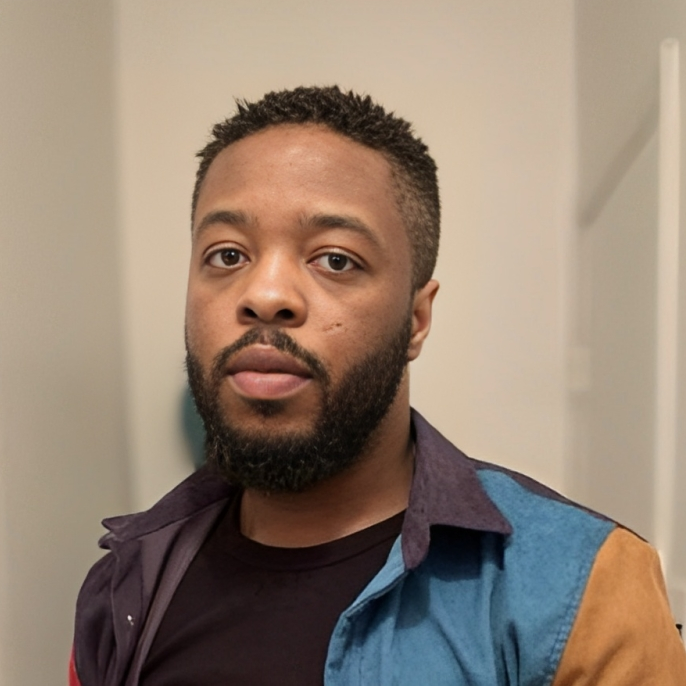
Kadjita ASUMBISA
PhD student, McGill University
Supervisor : Dr. Stuart Trenholm
Publication: Asumbisa K, Peyrache A, Trenholm S. Flexible cue anchoring strategies enable stable head direction coding in both sighted and blind animals. Nature Communications, 13 (1), September 2022
After completing a bachelor’s in Psychology at the University of Ghana, I was awarded a full scholarship by the Norwegian government to pursue a master’s degree in Neuroscience at the Kavli Institute for Systems Neuroscience in Trondheim, Norway, where I worked with Dr. Cliff Kentros on cognitive control and spatial memory. My master’s studies, starting in 2014, coincided with the year May-Britt Moser and Edvard I. Moser of the Kavli Institute were awarded the Nobel Prize in Physiology – jointly shared with John O’Keefe for their discoveries of cells that constitute a positioning system in the brain. My exposure to a wealth of engaging discussions on brain circuits involved in the formation of cognitive maps at the Institute ignited my passion for memory and spatial navigation. By the end of my master’s degree, I became particularly interested in exploring how sensory information shapes our internal representation of space. To pursue this interest at the doctoral level, I joined the lab of Dr. Stuart Trenholm at McGill University to study the head direction system in blind mice in collaboration with Dr. Adrien Peyrache (also at McGill University). From this project, I have recently published the first part of the story in Nature Communications showing that in the absence of vision, mice can flexibly use olfaction to anchor their head direction representation. This study constitutes one of the first to explore head direction coding in freely moving blind animals, and also demonstrates the brain’s remarkable adaptability in the face of major sensory loss.
***
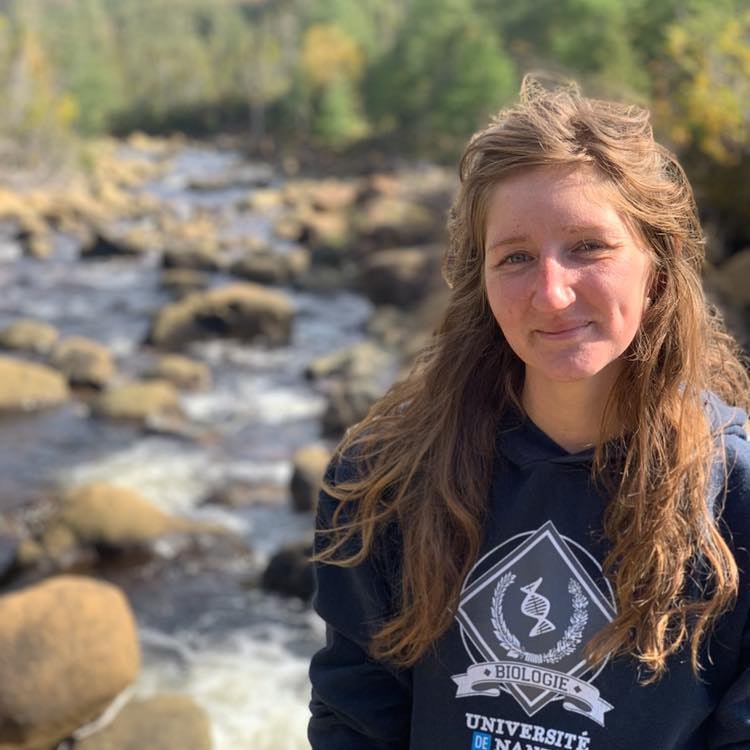
Kelly COUTANT
PhD student, Université Laval
Supervisor : Dr. Solange Landreville
*Publication: Piquet L, Coutant K, Mitchell A, Ben Anes A, Bollmann E, Schoonjans N, Bérubé J, Bordeleau F, Brisson A, Landreville S. Extracellular Vesicles from Ocular Melanoma Have Pro-Fibrotic and Pro-Angiogenic Properties on the Tumor Microenvironment. Cells, 11 (23), November 2022
During her academic background, Kelly Coutant obtained a Master’s degree with thesis in biology, biotechnology and therapeutic research at the University of Nantes (France). During her second internship, she studied the role of extracellular vesicles in the development of the intervertebral disc under the supervision of Pr. Anne Camus. Passionated about this growing field, her research on extracellular vesicles continued when she joined in 2020 the team of Pr. Solange Landreville to start a PhD in cellular and molecular biology at Université Laval. Her current researches focus on studying the role of extracellular vesicles in the homeostasis of the choroid and in associated pathologies of this tissue such as uveal melanoma and age-related macular degeneration. Her multidisciplinary project allows her to acquire expertise in the characterization of extracellular vesicles, with the mouse model and with microscopy techniques developed for mechanobiology. Kelly Coutant participates to many collaborative projects and is a very involved student in the various committees/activities of her research center at Université Laval.
***
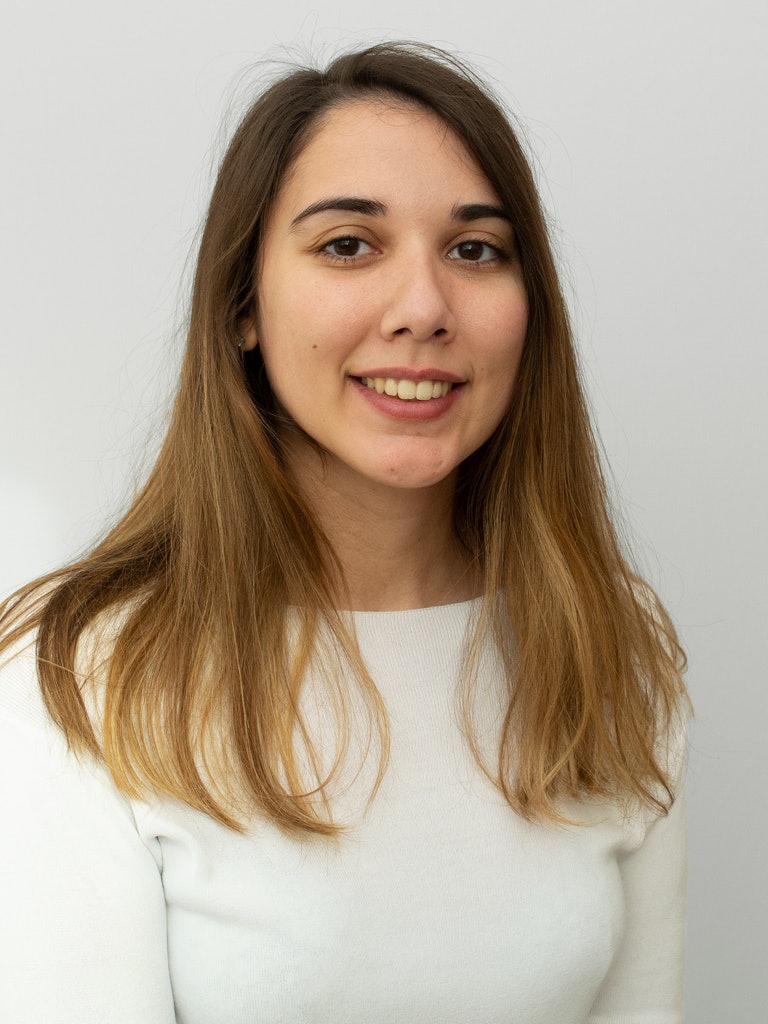
Catarina MICAELO-FERNANDES
Étudiante PhD, École d’optométrie -Université de Montréal
Supervisors : Dr. Maurice Ptito/Jean-François Bouchard
Publication: Micaelo-Fernandes C, Bouskila J, Palmour RM, Bouchard JF, Ptito M. Age and Sex-Related Changes in Retinal Function in the Vervet Monkey. Cells, 11 (17), September 2022
My interest in vision science made me cross the ocean to join Dr. Maurice Ptito and Dr. Jean-François Bouchard at the School of Optometry of the University of Montréal after obtaining my medical degree from the University of Lisbon in 2019. My PhD project aims at characterizing the neuroanatomical distribution of the endocannabinoid system in several subcortical and cortical visual structures of the vervet monkey. This knowledge will help to better understand how cannabinoids acutely and chronically alter visual perception and influence plasticity during critical periods of brain development. Establishing this neurobiological link is critical to inform preventive health care policies and to shape society’s attitude around cannabis use. It could also aid the scientific community in the development of cannabinoid-based pharmacological strategies for varied medical conditions. By merging my clinical and research backgrounds with an optimal research environment, I was granted a PhD scholarship by the Portuguese Foundation for Science and Technology, and I was awarded several times for my research (among others, the Vision Health Research Network prizes).
…
*This price was also supported by the Fondation Antoine-Turmel.
